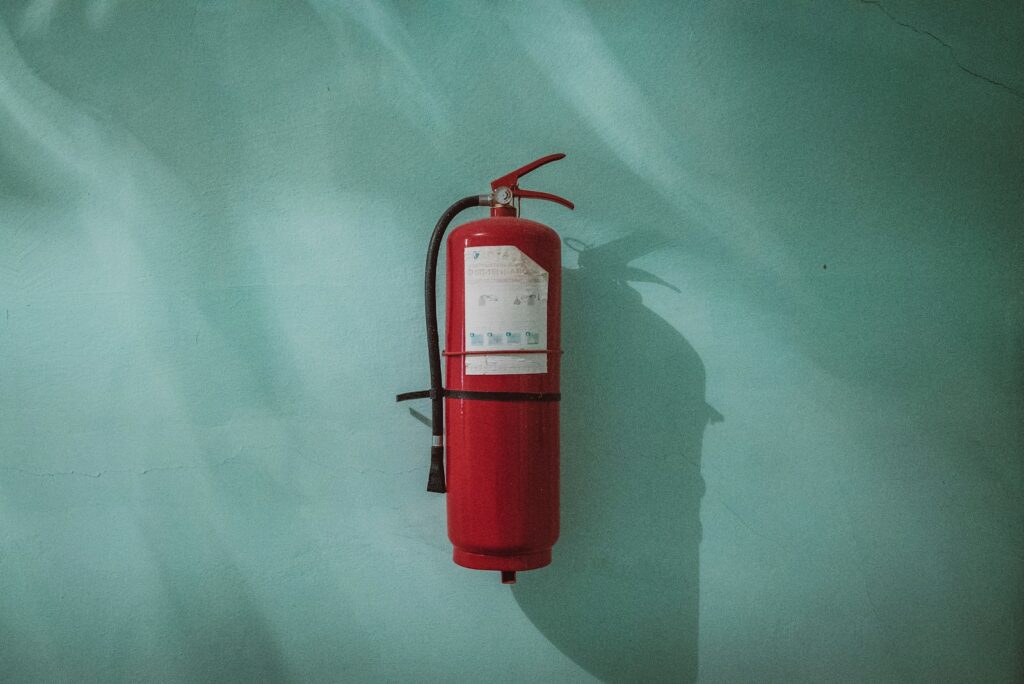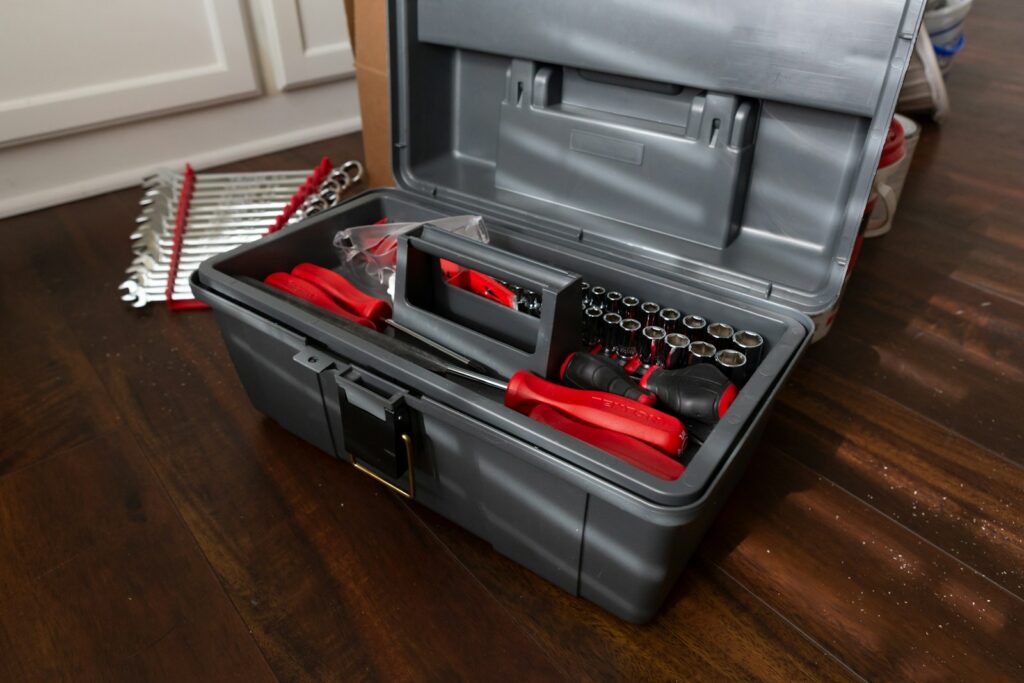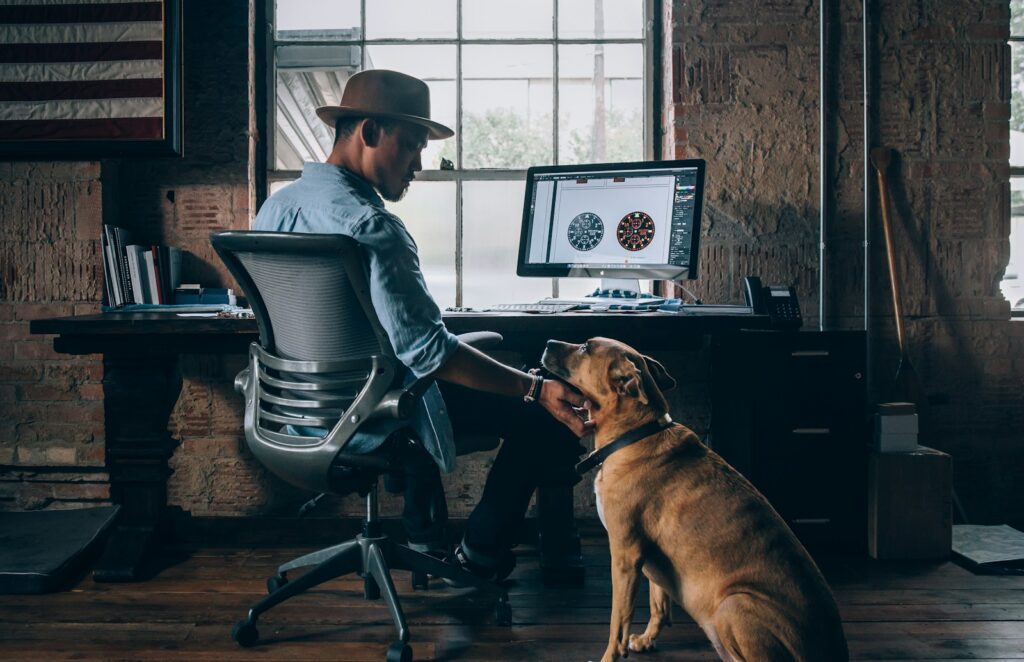Renting out your flat can be a lucrative venture, but it requires diligent preparation to ensure that your property is appealing and functional for incoming tenants. A well-maintained flat not only attracts quality renters, but also preserves the value of your property. Here’s a comprehensive maintenance checklist to prepare your flat for tenants, ensuring every corner is up to par.
Safety First

Smoke and Carbon Monoxide Detectors
Check that all detectors are functional and replace batteries if necessary. Install detectors in necessary areas if they are missing.
In the United States, 93% of homes have at least one smoke alarm installed. However, only 75% of these homes have a working smoke alarm, which highlights a significant gap in home safety. This discrepancy underscores the importance of regular maintenance and checks to ensure that smoke alarms are functional, especially in rental properties where safety compliance is crucial.
For landlords, when it comes to providing smoke alarms in rental properties, the guidelines are nearly universal across many states. Specific requirements can include carbon monoxide detectors, particularly for properties with higher risks such as those with fireplaces or attached garages. Regular checks and maintenance of these devices are generally the tenant’s responsibility after the initial installation by the landlord, making tenant awareness and education important components of rental safety.


Fire Extinguishers
Ensure there is a fire extinguisher on the property and that it is easily accessible and not expired.
Electrical Systems
Have a licensed electrician inspect all wiring, outlets, and electrical panels to ensure they meet safety standards.
Gas Safety
If applicable, have all gas appliances and connections checked by a certified professional to prevent leaks and ensure compliance with local regulations.
Plumbing and Heating Systems
Leaks
Inspect all pipes for leaks or signs of wear. Pay special attention to under sinks, around toilets, and in laundry areas.
Heating System
Service the boiler and radiators. Ensure that heating systems are functioning efficiently.
Drainage
Clear all drains and gutters to prevent water backup and ensure smooth drainage.
Appliances
Maintenance
Ensure all provided appliances are clean and in working order. This includes the refrigerator, oven, dishwasher, washing machine, and dryer.
Manuals and Warranties
Leave any manuals for appliances for the tenants and note any warranties that might be applicable.
Building Integrity
When preparing your rental property for tenants, addressing the structure and integrity of the building is just as critical as the interior features and safety installations. This includes ensuring that the roofing is in excellent condition to prevent issues such as leaks, which could lead to significant damage and costly repairs. For properties in areas prone to harsh weather conditions, having a reliable roof is essential.
Roof Inspection and Maintenance
Before leasing out your property, it is advisable to have a thorough roof inspection conducted by professional commercial roofers. This can help identify potential problems that may not be visible from the ground. Issues like missing shingles, damaged flashing, or weak seals around vents and chimneys can lead to water damage, which not only affects the structure of the building but can also cause mold problems that are hazardous to tenant health which is why its important to have residential strata insurance.
For landlords with properties in areas where weather conditions can be severe, hiring local experts who understand the regional climate and roofing demands is beneficial. Engaging commercial roofers, for example, ensures that your property’s roof is evaluated and repaired by professionals familiar with the specific needs and challenges presented by the local weather patterns.
Interior Maintenance
Walls and Ceilings
Check for cracks or holes. Freshen up the paint if necessary to give the flat a clean, inviting look.
Floors
Repair or replace damaged areas of flooring. Ensure carpets are professionally cleaned and that hardwood floors are polished.
Windows and Doors
Ensure all windows and doors open, close, and lock properly. Replace any cracked glass or damaged frames.
Lighting
Ensure that all outdoor lighting is functional, especially in entryways and parking areas.
Outdoor Maintenance
Landscaping
Tidy up any outdoor areas, including trimming bushes and mowing lawns, to improve curb appeal and accessibility.
Cleaning and Pest Control
Deep Clean
Conduct a deep clean of the entire flat, including behind appliances and inside cabinets.
Pest Inspection and Treatment
Have a professional inspect for pests to ensure a safe and comfortable environment for future tenants. It is crucial to identify the types of pests that may be present during the inspection process. Common pests include rodents, termites, cockroaches, and bedbugs, each requiring specific treatment strategies. A thorough understanding of the types of pests can help in selecting the most effective treatment options, preventing potential infestations before they begin.
If there is any evidence of infestation, treat accordingly before the tenants move in.
Legal Compliance and Documentation
Insurance
Update your landlord insurance policy to cover the current situation and ensure it includes adequate liability coverage.
Property Regulations
Review local laws and regulations to ensure your flat meets all requirements, such as rental licenses or safety codes.
Inventory
Create a detailed inventory of the contents and condition of the flat. This will be crucial for managing the security deposit and any disputes at the end of the tenancy.
Energy Efficiency
Insulation
Check the insulation in the attic, walls, and around windows and doors to improve energy efficiency.
Energy-Saving Appliances
If possible, equip the flat with energy-efficient appliances to attract environmentally conscious tenants and reduce energy costs.
Final Thoughts
Preparing your flat for tenants requires attention to detail and an investment in both time and resources. By following this comprehensive maintenance checklist, you ensure that your property is not only compliant with legal standards but also a pleasant and safe home for your tenants. This preparation also sets the stage for a positive landlord-tenant relationship and helps in retaining tenants longer, ultimately benefiting your rental business.























